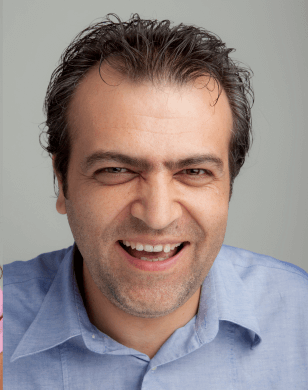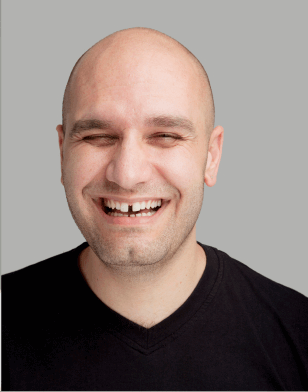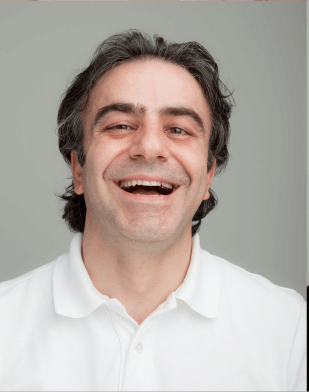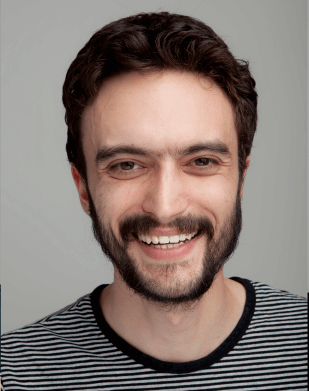The European Commission is one of the biggest translations services in the world. The Directorate General (DG) for Translation is the European Commission’s in-house translation service and employs 1750 linguists and 600 support staff. The DG for Interpretation has 600 full-time interpreters and 3000 freelancers on board.
With 28 member countries and 24 official and working languages, the EU is surely a highly diverse and interesting employer. On their website ec.europa.eu you can find a lot of information on what it means to work as a conference interpreter and what and where to study to become one. Moreover, the website also gives you access to training videos, on-site and remote assistance by experienced trainers, tips and suggestions for speakers, podcasts, speech repositories, and information about the universities they work with around the world and the study bursaries available.
If you are looking for an interpreting career within the EU, it is important to take the right steps and first of all make sure you are absolutely passionate about languages.
The assessment about your language knowledge for work as an interpreter for the EC is determined by the AIIC as follows:
Active languages:
A: The interpreter’s native language (or another language strictly equivalent to a native language), into which the interpreter works from all her or his other languages in both modes of interpretation, simultaneous and consecutive. All members must have at least one ‘A’ language but may have more than one.
B: A language other than the interpreter’s native language, of which she or he has a perfect command and into which she or he works from one or more of her or his other languages. Some interpreters work into a ‘B’ language in only one of the two modes of interpretation.
Passive languages:
C: Languages, of which the interpreter has a complete understanding and from which she or he works.
If you are also interested in translating, on October 29 and 30 this year, the 2nd edition of Translating Europe Forum, organised by the DG for Translation, will take place in Brussels. It is a networking opportunity for students, translators, mentors and professionals. Registration is now closed, but the Forum sessions will be webstreamed.
Besides, throughout the year various workshops are organised by the individual EU Member States.
The EC is really a valuable pool of information for everyone in the translating business and I guess a lot of you may be already familiar with all their resources, but if not, now is a perfect time to become so!



























